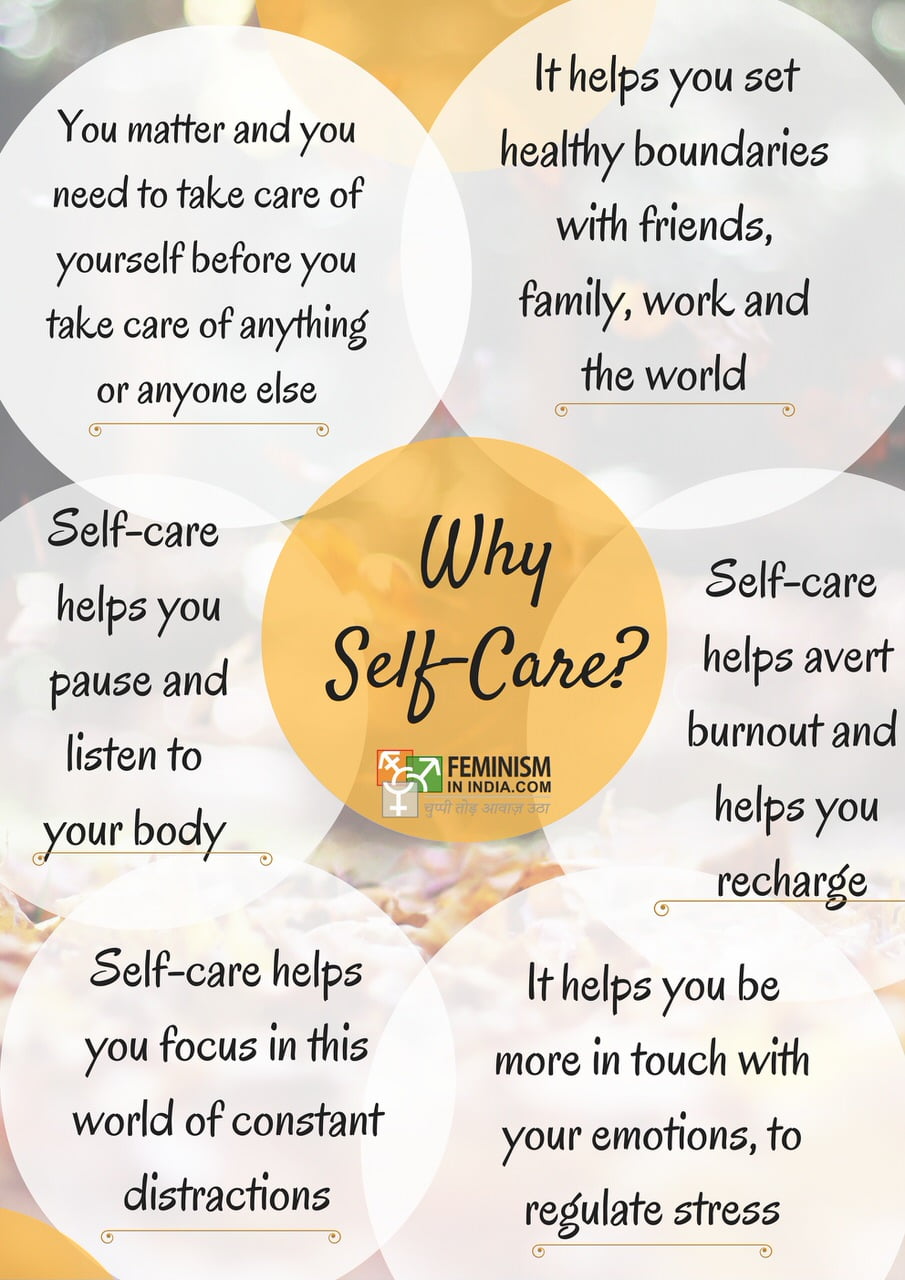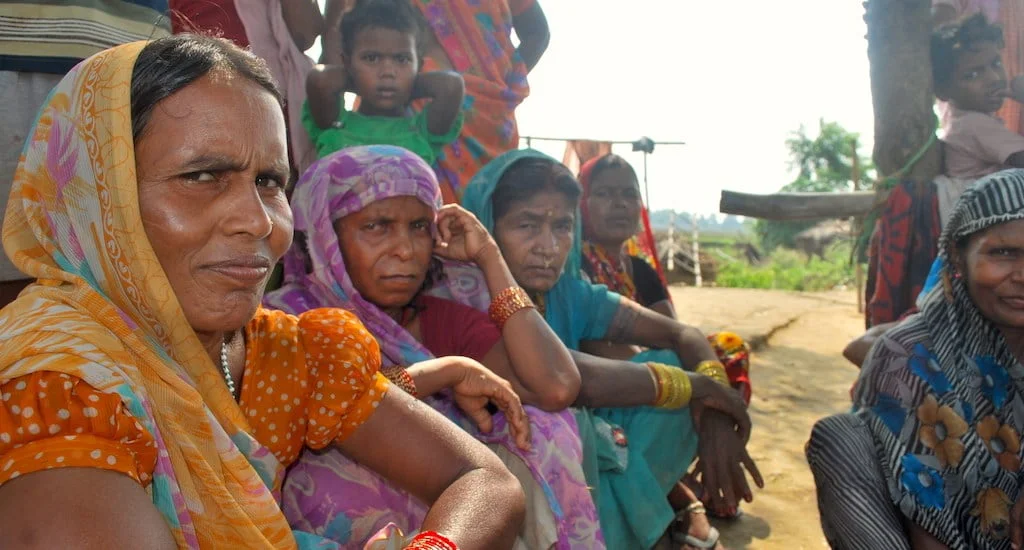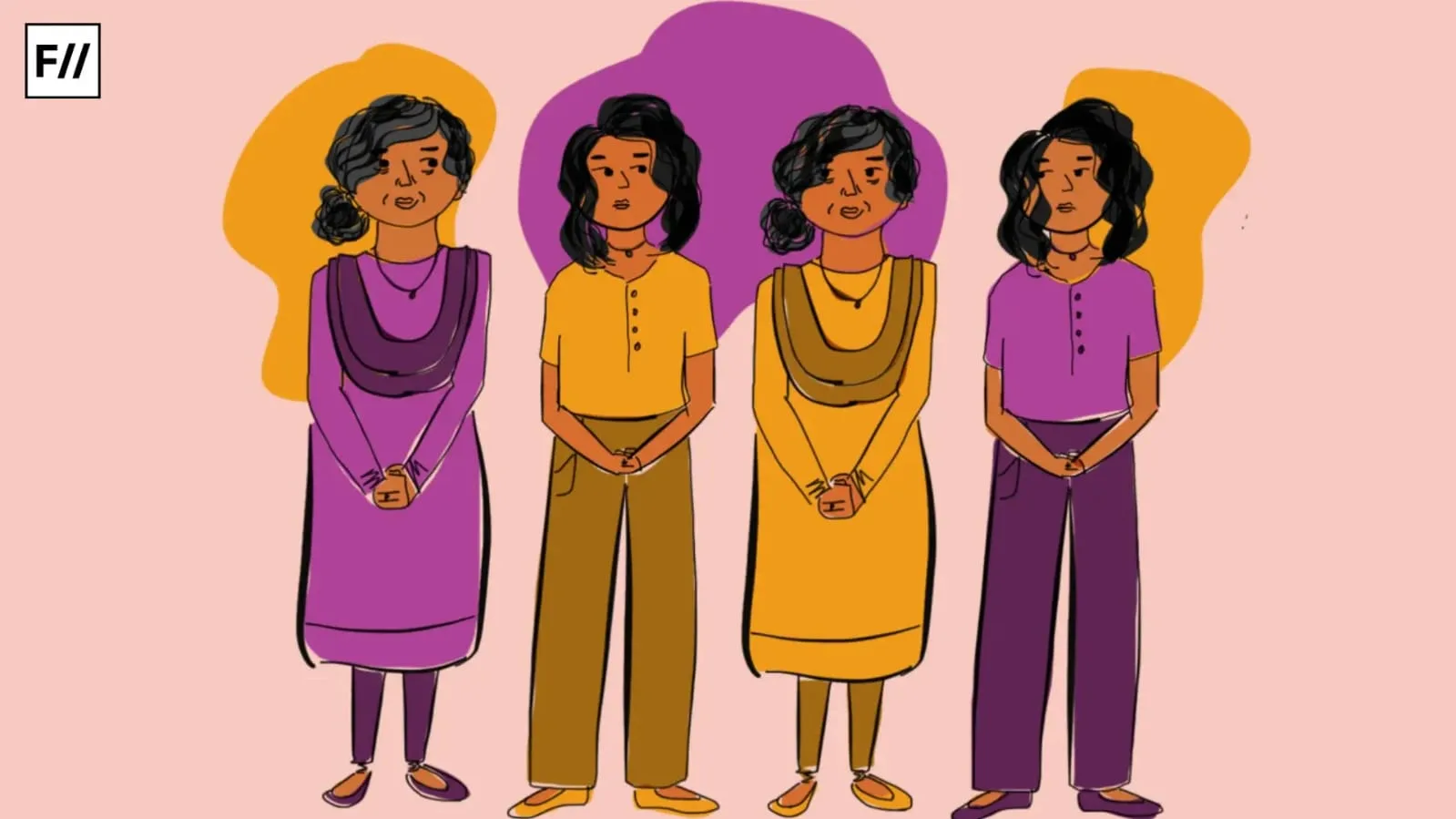Self-care is an act of preservation, it is an act of love, it is mental health hygiene and it is an act of resistance against the world which is constantly validating busyness and devaluing taking care of ourselves (women, who are expected to be ‘superwomen’, men who are expected to relax in ‘manly’ ways). Self-care is routinely demeaned and shown as weakness – remember the energizer bunny advertisement? That’s the pace the world fools us into believing is the most valuable in life.
I often return to this quote by Audrey Lorde for it gives me pause: “Caring for myself is not self-indulgence, it is self-preservation, and that is an act of political warfare.” For an excellent, feminist analysis of self-care as warfare, head over to this piece by Sara Ahmed.
Self-care is often confused with self-indulgence and while self-care looks different for each one of us, it is important to remember self-care leads to a long-term positive effect on well-being and is not just short-term happiness. Self-care involves focusing on what stresses you and how to alleviate it, it means understanding what a healthy lifestyle is for you, it is surrounding yourself with positive people, it is finding what keeps your energized and hopeful.
Self-care is particularly important in mental health as a plank towards recovery and reducing the frequency and intensity of mental health issues. Self-care exists on many levels: physical, emotional, in relationships, at the workplace. As you can well imagine, there is no one size fits all. Self-care for me involves going for a yoga class: I enjoy the experience of yoga and I enjoy it more when I am surrounded by other people. On other days, self-care for me involves listening to the radio and keeping my phone switched off.
Self-care can involves sleep hygiene, managing stress and stressors differently, understanding the food-mood relationship and changing our diet. It is a mental health must and it is a feminist issue, because how we understand mental health is influenced by what we know about gender, caste, race, politics, religion in the world in which we live. The physical is often considered as more ‘real’ than the mental, focusing on our brains and our emotional well-being is considered weak, sub-par for humans, even though we should know better.
Tell us, what is self-care for you? In the coming weeks, we will be sharing additional pieces on what self-care activities and habits include and would love to incorporate reader stories.

About the author(s)
Feminist and Indian. Interests include gender, education, mental health and wellness. India/US.




